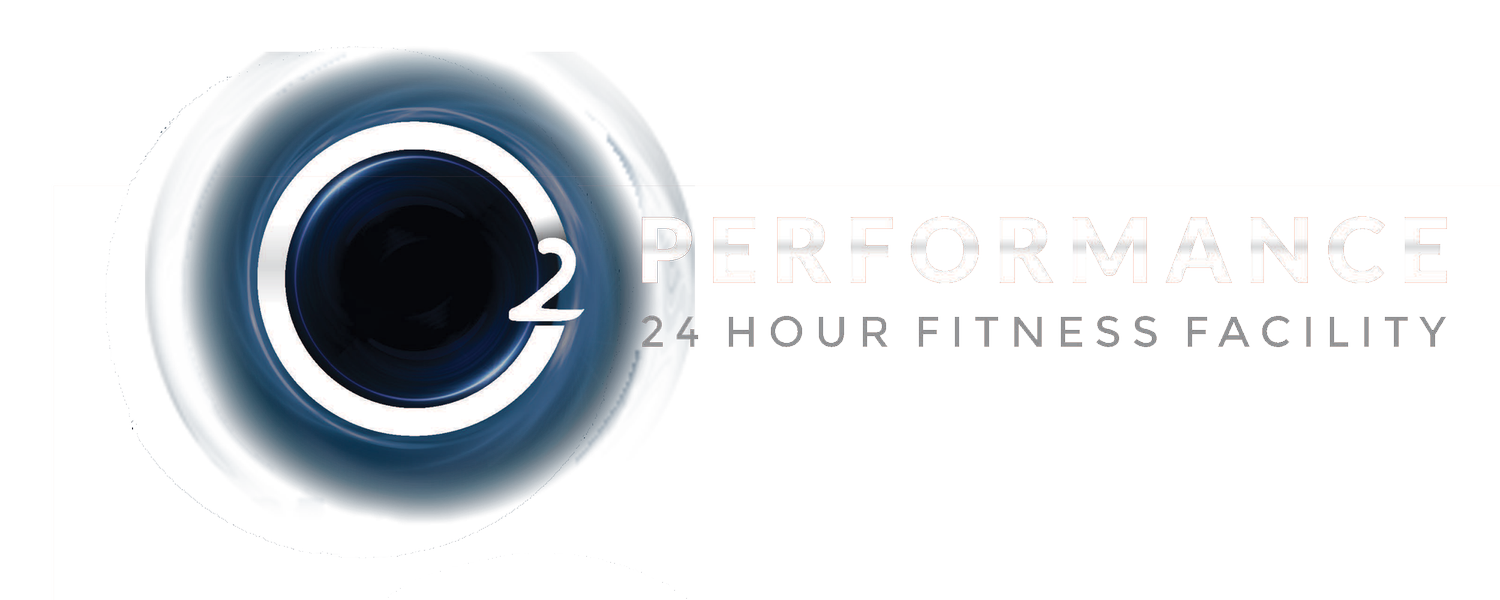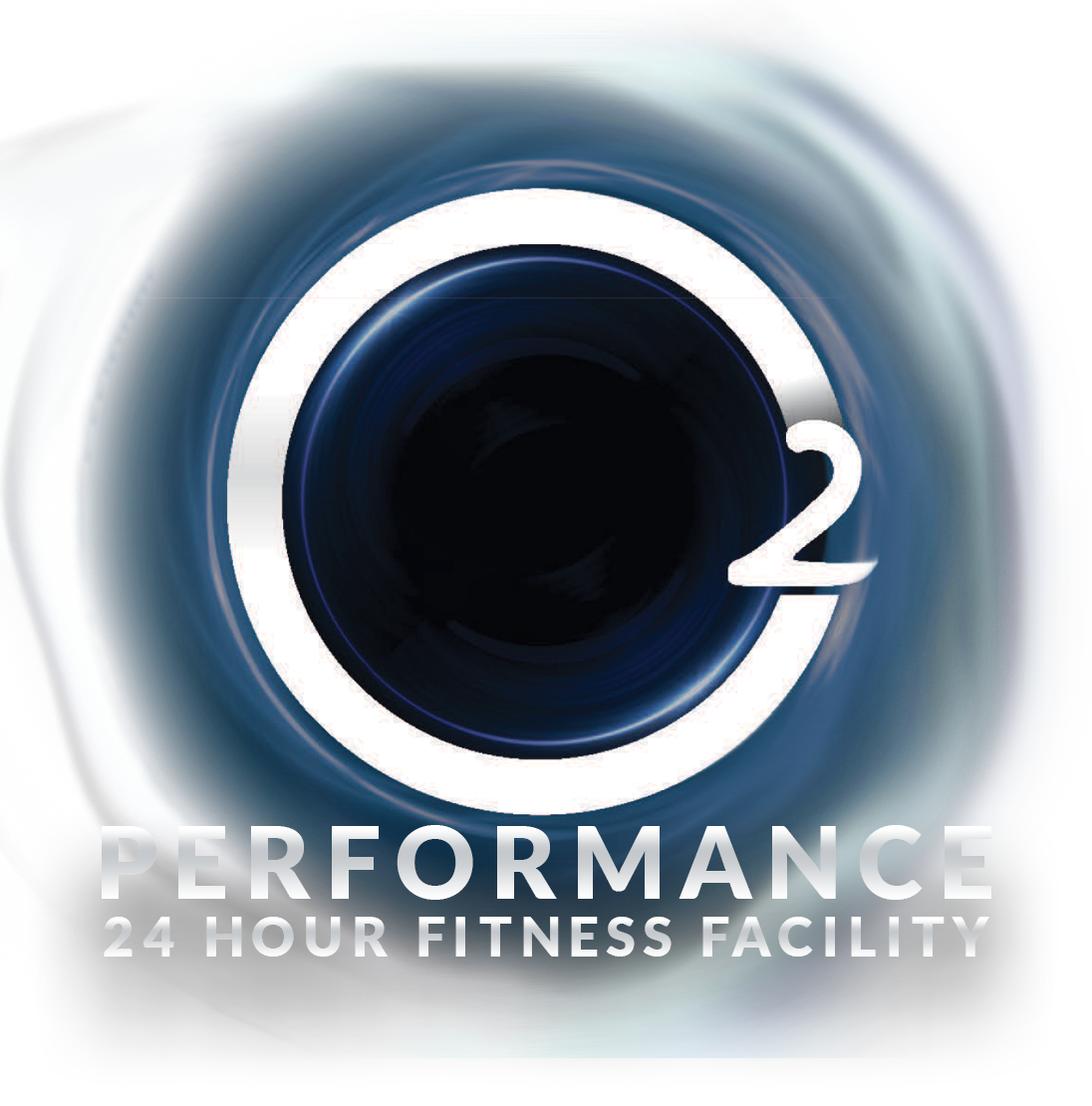Debunking Protein Myths: Unveiling the Truth for Optimal Fitness
In the world of fitness and nutrition, protein is often hailed as the kingpin of all nutrients. It's the superhero of muscle growth, recovery, and overall health. However, amid the widespread enthusiasm for protein, a cloud of myths and misconceptions has emerged. In this blog, we aim to separate fact from fiction and shed light on the truths and myths surrounding protein consumption. Let's dive in and uncover the secrets to making the most of this essential nutrient.
Myth #1: More Protein Equals More Muscles
Fact: While protein is crucial for muscle growth and repair, the "more is better" approach doesn't hold true. Your body can only synthesise a limited amount of protein per meal. Consuming excessive protein won't magically result in bulging muscles; instead, it might strain your kidneys and lead to weight gain. Aim for a balanced protein intake that meets your specific needs based on factors like age, gender, and activity level.
Myth #2: Protein is Only for Bodybuilders
Fact: Protein is for everyone, not just bodybuilders. It plays a vital role in daily bodily functions, including immune support, hormone production, and enzyme activity. Whether you're an athlete or a desk jockey, you need adequate protein to stay healthy and maintain muscle mass. It's the building block of life, not just muscle!
Myth #3: All Protein Sources are Equal
Fact: Not all proteins are created equal. Different sources offer various amino acid profiles and nutritional benefits. While animal sources like lean meats, fish, and dairy provide complete proteins with all essential amino acids, plant-based sources like beans, legumes, and grains can be combined to create complete proteins. Diversify your protein sources for a well-rounded nutrient intake.
Myth #4: Protein Shakes are a Must for Gains
Fact: Protein shakes are a convenient way to supplement your protein intake, especially for athletes on the go. However, real food should be your primary source of protein. Whole foods offer a wide range of nutrients and fibres that shakes can't replicate. Reserve protein shakes for when you can't access whole meals.
Myth #5: High-Protein Diets are Harmful
Fact: High-protein diets can be safe and effective when done correctly. They may help with weight management and muscle preservation. However, long-term excessive protein consumption can strain the kidneys and lead to other health issues. Consult with a nutritionist or dietitian to determine your ideal protein intake based on your goals and health status.
Myth #6: Timing Doesn't Matter
Fact: The timing of your protein intake can impact your fitness goals. Consuming protein post-workout can enhance muscle recovery and growth while spreading protein intake throughout the day can support sustained energy levels. Timing isn't everything, but it does play a role in optimising your protein's benefits.
Protein is undeniably a powerhouse nutrient essential for a healthy and fit lifestyle. However, it's essential to distinguish between myths and facts to make informed dietary choices. Remember, there's no one-size-fits-all approach to protein intake. Consult with a healthcare professional or nutrition expert to tailor your protein consumption to your unique needs and fitness goals. By doing so, you'll unlock the true potential of protein and pave the way for a healthier, fitter you.


